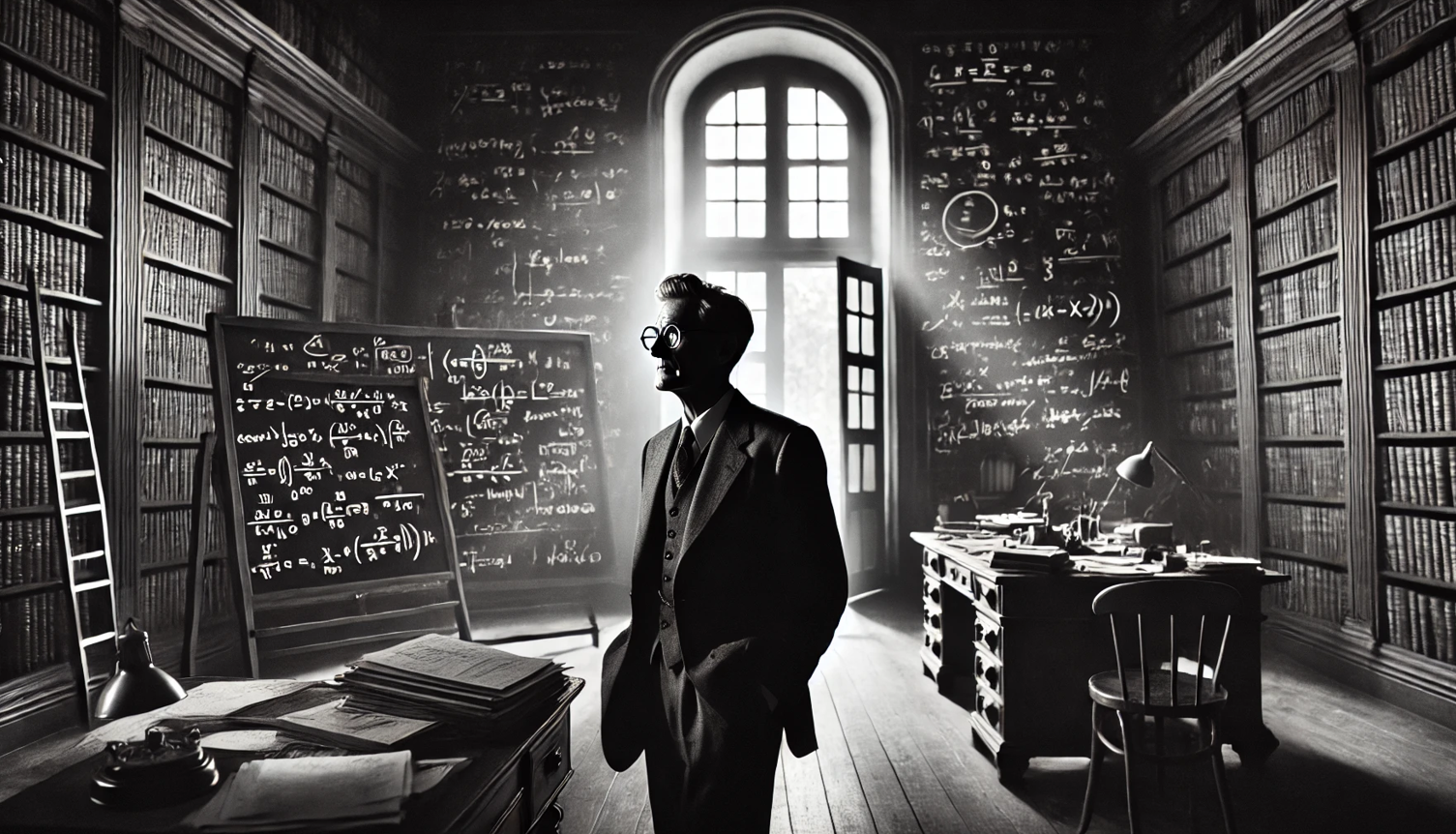The Enlightened Lifestyle: Beyond Proof, Into Practice
Gödel's incompleteness theorems demonstrate that formal systems have inherent limitations—they are either incomplete or inconsistent. This means that within any complex logical system, there will always be true statements that cannot be proven using the system's own rules. The Enlightened Lifestyle (EL) embraces this reality by proposing an approach that moves beyond rigid logic and embraces a more dynamic, experiential practice.
The EL methodology acknowledges that truth extends beyond formal proof, incorporating subjective experience, intuition, and a holistic understanding of life. This approach does not seek to provide definitive answers within a closed system of logic but instead offers a way to navigate the complexities of reality by balancing critical and mindful inquiry.
A Different Path to Truth
Unlike purely logical frameworks that attempt to categorize and define every aspect of reality, the EL methodology encourages individuals to cultivate an open mind, heart, and will. This aligns with Gödel’s insights by accepting that some aspects of life—such as consciousness, interconnectedness, and personal growth—cannot be fully captured or proven through formal logic alone.
Why Formal Systems Fall Short
Reality is not always linear or predictable. While science and logic are valuable tools, they struggle to fully explain subjective experiences such as love, insight, and joy. Logical systems work well when applied to the physical world, but they become inadequate when dealing with the complexities of human existence. The EL framework complements logic by fostering practices such as mindfulness, self-awareness, and ethical living, which guide individuals to a deeper understanding of themselves and their surroundings.
EL highlights what has always been the case. Rationality and Emotionality are interconnected.
How Emotions Shape Our Problem-Solving Skills
Have you ever noticed that your mood can affect how well you tackle challenges? Scientists have been studying this, and they've found some interesting connections between our emotions and our ability to solve problems. Let's explore how our feelings can impact our creativity, willpower, and perseverance when we're trying to figure things out.
The Emotional Rollercoaster of Problem-Solving
When we face a tough problem, our emotions can either help us or hold us back. Here's how:
Positive Emotions: The Creativity Boost
Feeling happy or excited can make our brains work better. When we're in a good mood:
We come up with more ideas
We see connections between things more easily
We're more willing to try new approaches
This means that when we're feeling positive, we might find creative solutions we wouldn't have thought of otherwise
Negative Emotions: A Double-Edged Sword
Feeling sad, angry, or worried can affect us in different ways:
Sometimes, these feelings can make it harder to think clearly
But they can also make us pay more attention to details
In some cases, they might even push us to work harder to solve the problem
Willpower and Emotions
Our willpower, or self-control, is closely tied to our emotions. When we feel good:
It's easier to stick to our goals
We can resist temptations better
We're more likely to choose long-term benefits over short-term rewards
The Power of Perseverance
Emotions play a big role in how long we keep trying to solve a problem. Here's what researchers have found:
People who can manage their emotions well tend to keep trying longer
Feeling hopeful and determined helps us push through tough challenges
Understanding and accepting our feelings can make us more resilient
Emotional Intelligence: Your Secret Weapon
Scientists talk about something called "emotional intelligence." This means being good at:
Recognizing your own emotions
Understanding how others feel
Managing your feelings effectively
People with high emotional intelligence often do better at solving problems because they can:
Stay calm under pressure
Work well with others
Adapt to changes more easily
Experiential Validation Over Formal Proof
This is why the EL methodology relies on experiential validation rather than theoretical proof. It suggests that through mindful observation and self-reflection, individuals can arrive at meaningful insights that could be generally valid even if they cannot be formally proven. This mirrors the Buddhist concept of dependent origination, where the self is seen as a fluid and interconnected phenomenon rather than a fixed entity.
A Practical and Flexible Approach
One of the strengths of the EL methodology is its adaptability. Instead of rigid structures, it promotes a continuous process of inquiry and adjustment. Improvisation has always been how human beings navigated our world many times. It recognizes that personal growth and understanding arise from direct engagement with life's challenges and opportunities.
Conclusion: Navigating Complexity with Wisdom
Ultimately, the Enlightened Lifestyle offers an alternative to traditional logical frameworks by providing a flexible, holistic, and experiential approach to truth. It is not about dismissing traditional logical frameworks but recognizing that it is one tool in the toolbox of navigating reality well. While it may not be formally provable, its value lies in its practical application and the personal transformation it facilitates. This approach embraces the limitations of formal systems while offering a meaningful way to engage with the complexity and uncertainty of life.
By integrating rational thought with experiential wisdom, the EL methodology empowers individuals to explore reality beyond the constraints of logic, fostering a deeper connection with themselves and the world around them.

